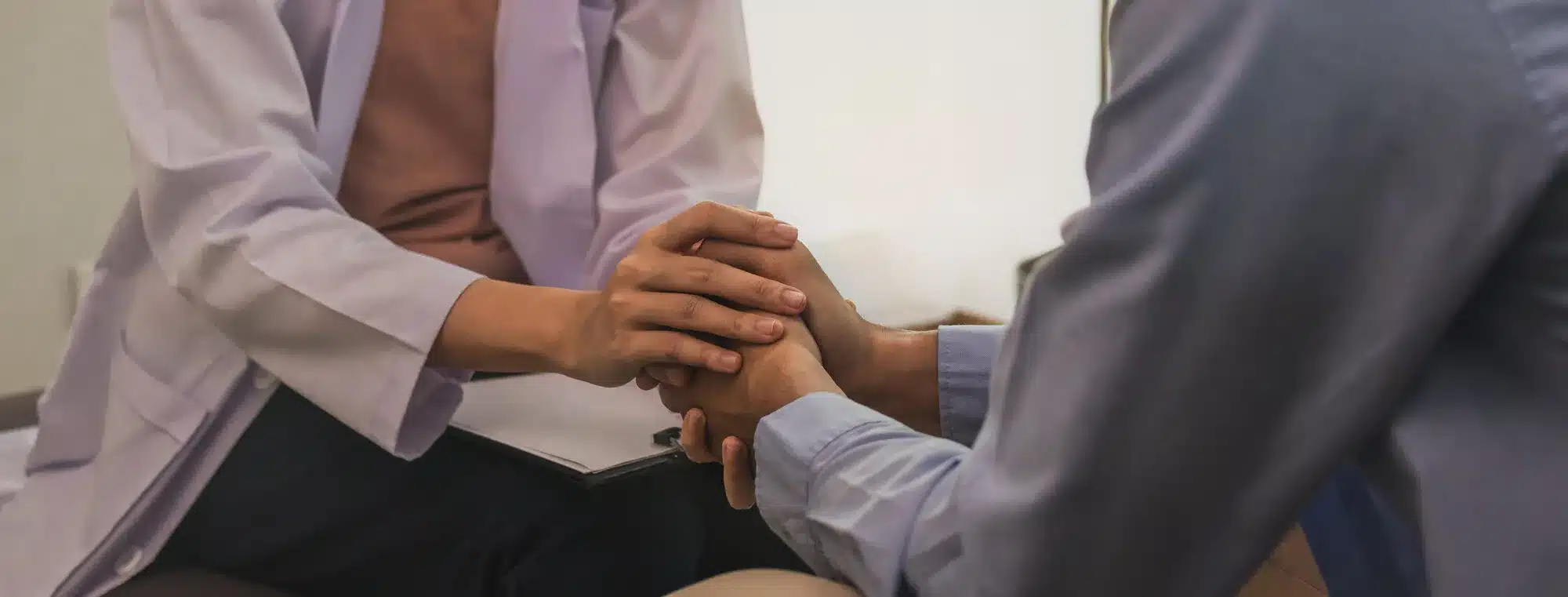In a world where the pursuit of individual success often overshadows communal well-being, the power of collective healing remains a beacon for those struggling with emotional and mental health issues.
Group therapy, a form of psychotherapy that involves one or more therapists working with several people at the same time, has proven to be an invaluable tool in sparking emotional healing.
This article explores the transformative potential of group therapy and how it breaks down barriers to emotional wellness for residents of Idaho Falls.
Key Takeaways
- Group therapy is a treatment option that fosters healing through shared experiences.
- This form of psychotherapy breaks down the barriers of stigma, isolation, and misunderstanding, and paves the way for profound emotional and mental recovery.
Table of Contents
The Essence of Group Therapy
At its core, group therapy provides a safe and supportive environment where individuals can explore their emotions openly and honestly. It’s based on the premise that healing does not occur in isolation but within a community context where individuals can relate to and reflect on each other’s experiences.
The structure of group therapy varies, but it generally includes guided discussions, therapeutic activities, and shared experiences, all facilitated by trained therapists.
How Group Therapy Sparks Emotional Healing
Breaking the Stigma
One of the most significant barriers to seeking mental health support is the stigma attached to it. Group therapy addresses this directly by normalizing the struggles many face. Participants quickly realize they are not alone in their experiences, which can be a powerful catalyst for change.
By sharing their journeys, group members foster a sense of community and understanding, challenging the societal norms that often isolate those suffering from mental health issues.
Enhances Self-Awareness
Group therapy sessions are reflective mirrors, providing participants with perspectives outside their own. This interaction helps individuals gain insights into their behaviors and thought patterns, leading to greater self-awareness.
It encourages introspection and, importantly, allows individuals to see how their actions and experiences are often universal, thus reducing personal shame and increasing motivation to change.
Learning Through Others
The group setting is also a rich learning environment. As members share their coping strategies or breakthroughs, others can learn and apply these tactics to their own lives.
This shared learning experience is unique to group therapy and can often lead to faster and more profound healing than individual therapy alone. Moreover, witnessing the recovery of others fosters hope and resilience among group members.
Offers Continuous Support
Unlike individual therapy, where support is limited to sessions with a therapist, group therapy creates a continuous support network. This network becomes a pivotal part of the recovery process, offering encouragement and accountability. The bonds formed in group therapy often extend beyond the sessions, providing long-term support that is vital for sustained emotional health.
Find Effective Therapy in Idaho Falls With Answers LLC
Take the first step towards a more fulfilled life in Idaho Falls with Answers LLC. If you’re feeling overwhelmed, anxious, or just need someone to talk to, we’re here for you. Our experienced therapists provide a supportive and confidential environment where you can explore your feelings and start your journey to healing.
Contact us today to schedule your consultation. Your path to personal growth and emotional well-being is just a click away. Let’s find your answers together!







Developing Social Skills
Group therapy inherently improves interpersonal relations. Participants engage in continuous, dynamic interactions that enhance social skills such as communication, empathy, and conflict resolution.
These skills are not only therapeutic but are also transferable to their personal and professional lives, helping individuals build healthier relationships outside the therapy session.